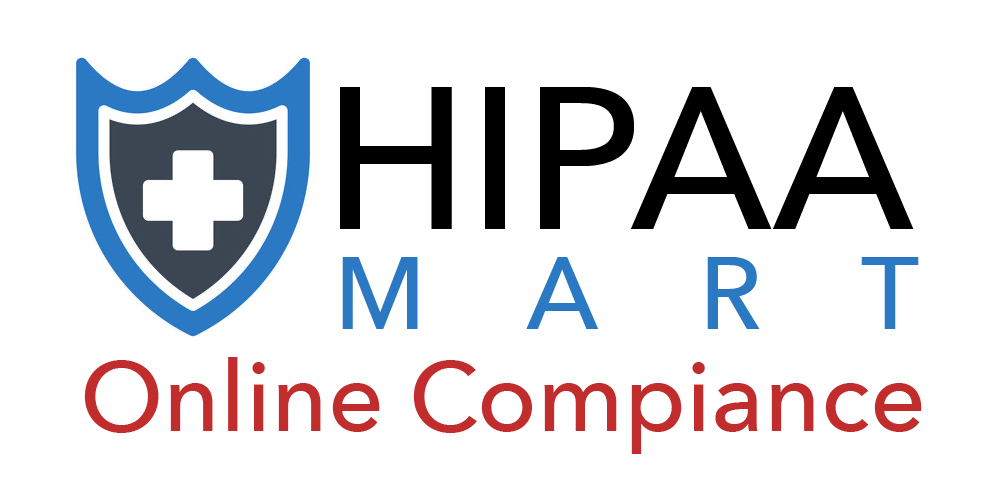In the realm of healthcare, privacy and security are paramount concerns. The Health Insurance Portability and Accountability Act (HIPAA) sets the standard for protecting sensitive patient data. For dental offices, HIPAA compliance is not just a legal obligation but also a crucial step in ensuring patient trust and confidentiality. One of the key components of HIPAA compliance is proper training for dental office staff. In this comprehensive guide, we will delve into what HIPAA training for dental offices entails, the training requirements, how to organize a HIPAA training program, and address common FAQs.

What is HIPAA Training for Dental Offices?
HIPAA training for dental offices involves educating staff members on the regulations outlined in the Health Insurance Portability and Accountability Act. This training aims to ensure that all employees understand their responsibilities regarding patient privacy and the security of protected health information (PHI).
Training Requirements for Dental Offices:
- Basic HIPAA Training: All staff members, including dentists, hygienists, administrative staff, and anyone who handles PHI, must undergo basic HIPAA training. This training covers the fundamentals of HIPAA regulations, the importance of patient privacy, and the consequences of non-compliance.
- Role-Based Training: In addition to basic training, employees should receive role-based training tailored to their specific job functions. For example, front desk staff may require training on handling patient information during check-in and check-out processes, while clinical staff may need training on maintaining confidentiality during patient consultations and procedures.
- Regular Updates and Refreshers: HIPAA regulations evolve, and dental office staff must stay up-to-date with any changes. Regular training updates and refreshers ensure that employees remain compliant with the latest guidelines and best practices.

How to Organize a HIPAA Training Dental Office Program:
- Assessment of Training Needs: Begin by assessing the specific training needs of your dental office staff. Identify areas where additional training or reinforcement may be necessary based on job roles and responsibilities.
- Developing Training Materials: Create comprehensive training materials that cover all aspects of HIPAA regulations relevant to dental offices. These materials may include presentations, handbooks, online modules, and quizzes.
- Training Delivery: Determine the most effective method for delivering training to your staff. This could involve in-person training sessions, online courses, or a combination of both. Ensure that training sessions are interactive and engaging to maximize retention.
- Documentation and Record-Keeping: Maintain detailed records of HIPAA training for each employee, including dates of training, topics covered, and any assessments or certifications obtained. Documentation is essential for demonstrating compliance in the event of an audit.
- Ongoing Monitoring and Evaluation: Continuously monitor the effectiveness of your HIPAA training program and solicit feedback from staff members. Use this feedback to make improvements and adjustments as needed to ensure that training remains relevant and impactful.
HIPAA Training for Dental Offices: FAQs
Q1: Who needs to undergo HIPAA training in a dental office?
A: All employees who handle PHI, including dentists, hygienists, administrative staff, and billing personnel, should undergo HIPAA training.
Q2: How often should HIPAA training be conducted?
A: HIPAA training should be conducted initially upon hiring and then regularly thereafter, with refresher courses provided at least annually or whenever there are significant updates to HIPAA regulations.
Q3: What topics should be covered in HIPAA training for dental offices?
A: HIPAA training should cover the basics of HIPAA regulations, the importance of patient privacy, handling of PHI, security protocols, breach notification procedures, and employee responsibilities.
Q4: What are the consequences of non-compliance with HIPAA regulations?
A: Non-compliance with HIPAA regulations can result in significant penalties, including fines, legal action, and damage to the reputation of the dental office.
Q5: Can HIPAA training be customized to suit the specific needs of a dental office?
A: Yes, HIPAA training can and should be customized to address the unique challenges and requirements of a dental office, taking into account different job roles and responsibilities.
In conclusion
HIPAA training is an essential component of ensuring compliance and protecting patient privacy in dental offices. By understanding the training requirements, organizing a comprehensive training program, and addressing common FAQs, dental offices can uphold the highest standards of confidentiality and security in their handling of patient information.
